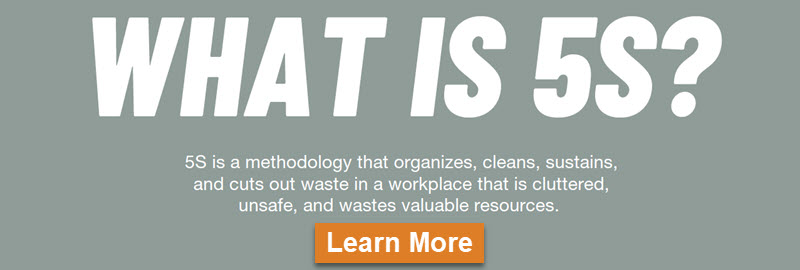
New Mexico State Sign Regulations
Our New Mexico State-Specific Signs Compliance – Resource Bulletin will help you understand a variety of signage rules, regulations and requirements enacted in the state. Topics include:
- No smoking signs
- Swimming pool signs
- Concealed weapon signs
- Cell phone signs
- Baby surrender signs
Use the Download button to open this bulletin as a pdf file.
Bulletin Overview
No Smoking Signs
The State of New Mexico prohibits smoking in public transportation, all enclosed public places, and workplaces, including restaurants and bars. The law also forbids smoking within a reasonable distance of these facilities. Exemptions to the state law include designated hotel/motel rooms, Native American religious and cultural activities, retail tobacco stores, cigar bars, and casinos. The Dee Johnson Clean Indoor Air Act became effective on 6/1/ 2007 and requires the posting of signs enforcing the law at various locations. The law is administered by the New Mexico Department of Health. (N.M. Stat Ann 24-16-3 & 4)
Swimming Pool Signs
The New Mexico Environment Department stipulates the rules governing the use of public swimming pools and spas. The code became effective on 3/31/2010 and requires the posting of signs at these facilities. (Sec. 7.18.4)
Concealed Weapon Signs
The State of New Mexico allows its residents to carry a concealed firearm (CCW) provided they have been issued a permit granted by the State Police District Office through the local law enforcement agency where they reside. Among the requirements for issuing a permit are; an applicant must be at least 21 years old and has completed an approved handgun training program. There are certain places such as schools, courtrooms, taverns, airport security zones, state parks, and public transportation where CCW is forbidden even with a permit. New Mexico honors the CCW permits of a number of other states. (10.8.2) (30-7-2.2)
Cell Phone Signs
As of 7/1/2014 New Mexico banned texting by drivers of motorized vehicles. Students under 18 and drivers of the state vehicles have limits on their mobile communications. Consult your municipality for any local regulations.
Baby Surrender Signs
Since the first baby surrender (safe-haven) law was enacted in Texas in 1999, all U.S. states, as well as the District of Columbia, have passed safe-haven legislation. The laws allow an unharmed infant to be relinquished to the proper authorities.


